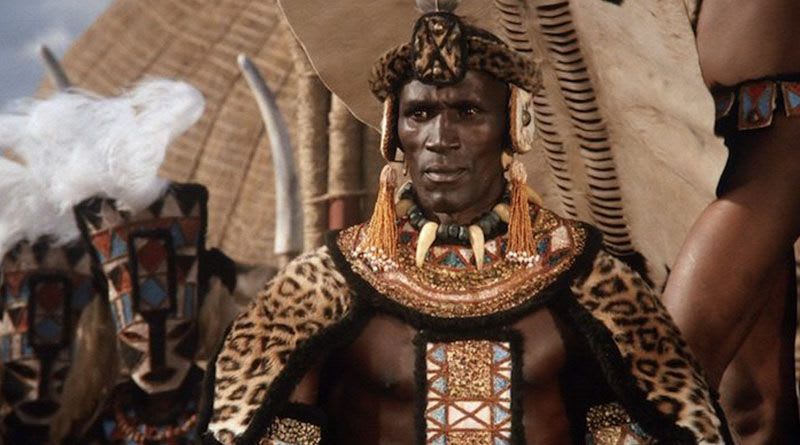Recent attempts to investigate colonialism's benefits in post-colonial states by conservative researchers have caused controversy. These researchers contend that colonialism was a moral evil that provided economic benefits to its victims. Advocates of this view claim that colonialism was beneficial because it built the infrastructure and governance systems that black Africans now use. However, historians and other researchers have been enraged by these debates, calling for colonialism to be declared a crime against humanity. In Africa and around the world, colonialism left a legacy of wars, violence, genocides, and resource exploitation.
It is necessary to first define colonialism. If properly defined, it aids in acquiring a better grasp of the effects of colonialism on economies and the lives of people around the world. According to Peter Ekeh, colonialism is a power system that subverts, destroys, reinvents, appropriates, and replaces anything that gets in the way of colonial dominance and exploitation.
Historically and empirically, colonialism was evil rather than an ethical force outside of Europe. War, violence, and exploitation were all part of it. Colonialism resulted in some of the world's most heinous crimes against people. This has resulted in many organizations classifying these acts as crimes against humanity. Although colonialism ceased almost 50 years ago in much of the world, its legacy lives on. Its legacy is shown by poverty and underdevelopment in many post-colonial states.
Colonialism should be labeled as a crime against humanity because of the enslavement of Africans. During the colonial era, the bodies of African slaves were exported as cargo from the continent. This depleted Africa's most capable labor force, which was critical to its economic success.
Natural resources were exploited for the benefit of Europe after the partitioning of Africa in Berlin by seven European colonial powers. In addition, Africans were pushed to forego food production in order to produce cash crops for an industrializing Europe. Africans were forced to produce rubber, and the colonial system was enforced with brutal violence, including the decapitation of limbs.
Africans were forcefully removed from their homes, and white settlers took over their territories. Those Africans who managed to escape the conquering battles were put into overcrowded reserves, where they served as a cheap supply of labor for mines, farms, plantations, factories, and even domestic duties.
Colonized people were frequently regarded as primitive and subhuman by the colonizers. They were not entitled to the same rights and protections as the colonizers. As a result, it was acceptable, and even encouraged, for colonizers to take local people's lands and homes. The Colonialists suppressed local people’s cultures and imposed their own "civilized" cultural beliefs and even exterminated large segments of their populations.
The impact of colonialism has resulted in many postcolonial governments demanding reparations from former colonial powers. These governments are calling for reparations to atone for past injustices and to assist them in resolving the problems that have arisen as a result of colonialism. As a result, several former colonial powers have questioned the validity of such reparations. They claim that they cannot be held liable for the crimes of those in authority prior to their time in power and that reparations would do little to address the difficulties that postcolonial states face now.









